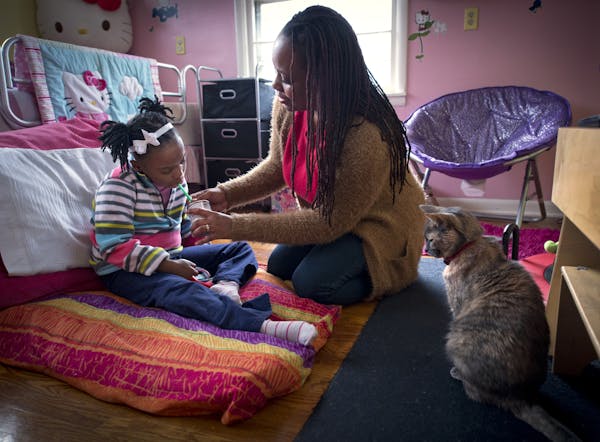Parents welcoming a baby are no longer content to count fingers and toes to assess their infant's health: Nearly half said they would be "very" or "extremely" interested in having their newborn's genome sequenced, and fully a third more pronounced themselves "somewhat" interested.
Within 48 hours of a child's birth at Boston's Brigham and Women's Hospital, researchers gave 514 parents a brief orientation on the genome and its relevance for human health. They then asked how interested a parent would be in having his or her newborn's genome scanned and analyzed.
Interest was spread evenly among parents regardless of their age, gender, race, ethnicity, level of education or family history of genetic disease. Whether a child was the firstborn in a family did not seem to influence a parent's propensity toward genetic sequencing. But married parents and parents who had experienced health concerns about their baby were slightly less inclined to express interest in genomic sequencing.
As genomic analysis has become cheaper, faster and increasingly revealing, the question of how routinely such scans should be conducted has been widely debated.
Los Angeles Times
In heated western Minn. GOP congressional primary, outsiders challenging incumbent

Minnesota Sports Hall of Fame: A class-by-class list of all members

This retired journalist changed professional wrestling from Mankato

